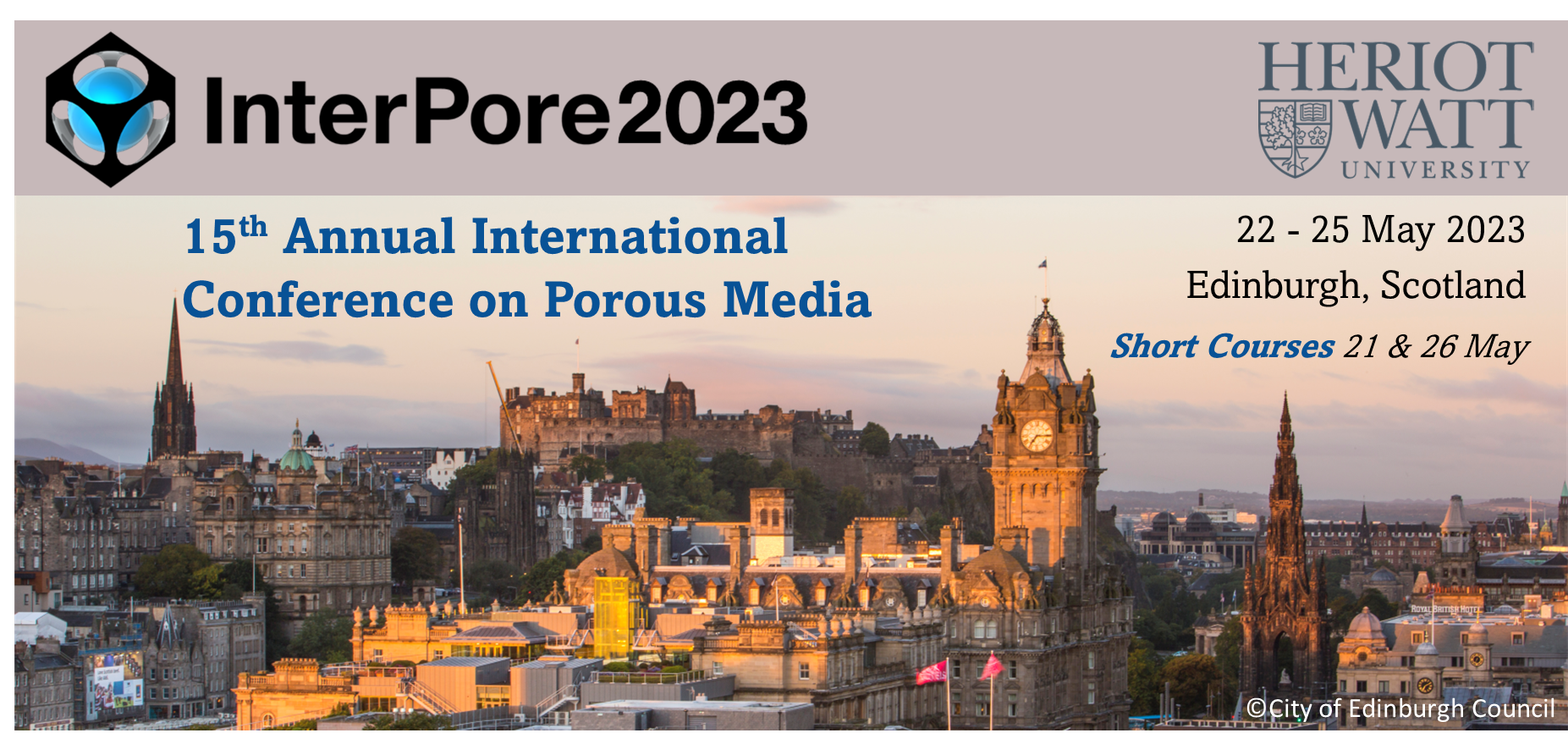Speaker
Description
Geothermal energy is a renewable resource that may help to provide a green energy supply, although the low rock permeability at the required depth prevents an energy-efficient use of this resource. Enhanced Geothermal Systems (EGS) allow to increase permeability by means of the hydraulic stimulation of the fractures of underground formations. However, it implies risks as, for instance, induced seismicity or an early thermal exhaustion of the reservoir.
We perform numerical simulations to delve into the thermo-hydro-mechanical and frictional phenomena that control that risks in EGS projects. Our computational model solves the fully coupled equations of thermo-poro-elasticity, together with rate-and-state friction at faults. The methodology allows us to simulate both fluid-injection induced earthquakes and long-term behavior of geothermal reservoirs.
In the short them, we explore the optimization of the injection protocols to avoid or delay fault reactivation. Our results arise that the injection protocols with an early increase of flow rate could delay fault reactivation depending on the frictional properties of the contact. In the long term, we observe that the permeability stimulation can induce an early thermal decline of the reservoir. This may affect to energy production over years, depending on the increase of permeability achieved with hydraulic stimulation.
The methodology proposed in this work may help to improve the competitiveness of geothermal energy, as it can be a useful tool to manage the seismic risk and the long-term operation of geothermal reservoirs.
Acknowledgements
This research was supported by the “Agencia Estatal de Investigación” and “Ministerio de Ciencia de Investigación” (10.13039/501100011033) through grant “HydroPore” (PID2019-106887GB-C33). S.A. gratefully acknowledges funding from the Spanish “Ministerio de Ciencia, Innovación y Universidades” through “Programa de Formación del Profesorado Universitario FPU 2018”. D.S. thanks the financial support from the Comunidad de Madrid through the call Research Grants for Young Investigators from Universidad Politécnica de Madrid under grant APOYO-JOVENES-21-6YB2DD-127-N6ZTY3, RSIEIH project, research program V PRICIT.
References
Andrés, S. Sismicidad inducida en explotaciones de energía geotérmica. Simulación numérica acoplada de la estimulación hidráulica y sus efectos sobre el riesgo sísmico. 2022, Phd Thesis, E.T.S.I. Caminos, Canales y Puertos (UPM).
Andrés, S.; Santillán, D.; Mosquera, J.C. & Cueto-Felgueroso, L. Hydraulic Stimulation of Geothermal Reservoirs: Numerical Simulation of Induced Seismicity and Thermal Decline. Water. 2022; 14(22):3697.
| Participation | In-Person |
|---|---|
| Country | Spain |
| MDPI Energies Student Poster Award | No, do not submit my presenation for the student posters award. |
| Acceptance of the Terms & Conditions | Click here to agree |







